0 Comments
A new EuroNeurotrophin publication has been recently published in Biomolecules on ENT-A010, a Novel Steroid Derivative, Displays Neuroprotective Functions and Modulates Microglial Responses.
Abstract Tackling neurodegeneration and neuroinflammation is particularly challenging due to the complexity of central nervous system (CNS) disorders, as well as the limited drug accessibility to the brain. The activation of tropomyosin-related kinase A (TRKA) receptor signaling by the nerve growth factor (NGF) or the neurosteroid dehydroepiandrosterone (DHEA) may combat neurodegeneration and regulate microglial function. In the present study, we synthesized a C-17-spiro-cyclopropyl DHEA derivative (ENT-A010), which was capable of activating TRKA. ENT-A010 protected PC12 cells against serum starvation-induced cell death, dorsal root ganglia (DRG) neurons against NGF deprivation-induced apoptosis and hippocampal neurons against Aβ-induced apoptosis. In addition, ENT-A010 pretreatment partially restored homeostatic features of microglia in the hippocampus of lipopolysaccharide (LPS)-treated mice, enhanced Aβ phagocytosis, and increased Ngf expression in microglia in vitro. In conclusion, the small molecule ENT-A010 elicited neuroprotective effects and modulated microglial function, thereby emerging as an interesting compound, which merits further study in the treatment of CNS disorders. Read the full article here: https://doi.org/10.3390/biom12030424 We are happy to share with you the newest EuroNeurotrophin publication on Development and Biological Characterization of a Novel Selective TrkA Agonist with Neuroprotective Properties against Amyloid Toxicity published in the Biomedicines journal. The full article can be read open access here: www.mdpi.com/2227-9059/10/3/614/htm
Abstract Neurotrophins are growth factors that exert important neuroprotective effects by preventing neuronal death and synaptic loss. Nerve Growth Factor (NGF) acts through the activation of its high-affinity, pro-survival TrkA and low-affinity, pro-apoptotic p75NTR receptors. NGF has been shown to slow or prevent neurodegenerative signals in Alzheimer’s Disease (AD) progression. However, its low bioavailability and its blood–brain-barrier impermeability limit the use of NGF as a potential therapeutic agent against AD. Based on our previous findings on synthetic dehydroepiandrosterone derivatives, we identified a novel NGF mimetic, named ENT-A013, which selectively activates TrkA and exerts neuroprotective, anti-amyloid-β actions. We now report the chemical synthesis, in silico modelling, metabolic stability, CYP-mediated reaction phenotyping and biological characterization of ENT-A013 under physiological and neurodegenerative conditions. We show that ENT-A013 selectively activates the TrkA receptor and its downstream kinases Akt and Erk1/2 in PC12 cells, protecting these cells from serum deprivation-induced cell death. Moreover, ENT-A013 promotes survival of primary Dorsal Root Ganglion (DRG) neurons upon NGF withdrawal and protects hippocampal neurons against Amyloid β-induced apoptosis and synaptic loss. Furthermore, this neurotrophin mimetic partially restores LTP impairment. In conclusion, ENT-A013 represents a promising new lead molecule for developing therapeutics against neurodegenerative disorders, such as Alzheimer’s Disease, selectively targeting TrkA-mediated pro-survival signals.
We kindly invite you to the conference entitled “Neurotrophic Factors and Neurodegenerative Disorders; Current Advances and Future Perspectives” that will be organised in the context of the “EuroNeurotrophin” project by FORTH, in Crete, on August 27th-29th 2021. The Conference will be delivered as a virtual event and registration is free of charge. Neurodegenerative diseases (ND), like Alzheimer’s disease, Parkinson’s disease, Multiple Sclerosis and motor neuron disease, are on the rise worldwide. Alzheimer’s disease alone affects 36 million people in the world and 7 million in Europe. The economic burden for ND exceeds 724 billion € and it will become a trillion euros by 2019. Currently, there is no cure for any ND and most of the available drugs fail to tackle ND pathogenesis. Neurotrophins are a family of closely related secreted proteins that have been shown to control a number of aspects of survival, development and function of neurons both in the central and the peripheral nervous systems. Preclinical studies point to the therapeutic potential of neurotrophins in preventing or slowing the progression of ND. Thus, neurotrophins have been proposed as therapeutic agents for neurodegenerative diseases. However, the poor pharmacokinetic properties of neurotrophins, mainly because of their sensitivity to proteolysis, restricted penetration of the blood–brain barrier, and limited ability to diffuse in tissues, render their use as drugs prohibitive. The EuroNeurotrophin project aims to address the major limitations of neurotrophins by developing novel small molecule, neurotrophin mimetics with favourable profiles of stability, tissue penetration and targeted biological actions. The EuroNeurotrophin project is the first European consortium to study small molecule neurotrophin mimetics (synthetic or natural) in depth, use them as molecular probes to interrogate neurotrophins, and emphasise their clinical translation. Visit the conference page to register and for more details. We look forward to seeing you online in August! Session topics
Susanne Kohout, the Country President and Managing Director of our EuroNeurotrophin Partner Organisation, Novartis (Hellas) S.A.C.I. in Greece held an interview with Fortune Greece on Novartis’ mission to help people live longer and better.
In the interview, Susanne Kohout tells us about her background and the development of the organisation and its strong position in the global market and how it got there. She also raises the concerns and challenges the COVID-19 pandemic has brought to Greece and the company itself and how they are handling this situation. The full article is available to read online on fortunegreece.com Novartis is ranked amongst one of the companies most heavily investing in R&D globally and we are happy to have them involved in the EuroNeurotrophin Project.
Flash poster presentation at the Synthesis in Drug Discovery and Development Virtual Symposium30/3/2021 Alessia Latorrata (ESR2) presented the research from her individual research project during the Synthesis in Drug Discovery and Development Virtual Symposium, 22.-23. March. Her poster titled ”Synthesis of new DHEA 17-spyro-cyclopropyl derivatives with Neurotrophic, Neuroprotective and Anti-Inflammatory activity” was presented during the virtual poster sessions to chemists from industry and academia, including synthetic, medicinal and process chemists.
|
Archives
August 2022
Categories
|
- Project
- Network
-
People
- Supervisors >
-
Early Stage Researchers
>
- ESR1: Daniele Narducci
- ESR2: Alessia Latorrata
- ESR3: Athanasios-Alexandros Tsengenes
- ESR4: Christina Athanasiou
- ESR5: Federica Carucci
- ESR6: Mirjana Antonijević
- ESR7: Paolo Giaccio
- ESR8: Canelif Yilmaz
- ESR9: Ana Aragón
- ESR10: Débora Pita
- ESR11: Thanasis Rogdakis
- ESR12: Desponia Charou
- ESR13: Evangelia Thanou
- ESR14: Marco Destro
- Scientific Advisory Board
- Training
- Publications
- Outreach
- News
- Job Openings
- Contact
- Project
- Network
-
People
- Supervisors >
-
Early Stage Researchers
>
- ESR1: Daniele Narducci
- ESR2: Alessia Latorrata
- ESR3: Athanasios-Alexandros Tsengenes
- ESR4: Christina Athanasiou
- ESR5: Federica Carucci
- ESR6: Mirjana Antonijević
- ESR7: Paolo Giaccio
- ESR8: Canelif Yilmaz
- ESR9: Ana Aragón
- ESR10: Débora Pita
- ESR11: Thanasis Rogdakis
- ESR12: Desponia Charou
- ESR13: Evangelia Thanou
- ESR14: Marco Destro
- Scientific Advisory Board
- Training
- Publications
- Outreach
- News
- Job Openings
- Contact
|
This project has received funding from the European Union’s Horizon 2020 research and innovation programme under the Marie Skłodowska-Curie grant agreement No 765704 |

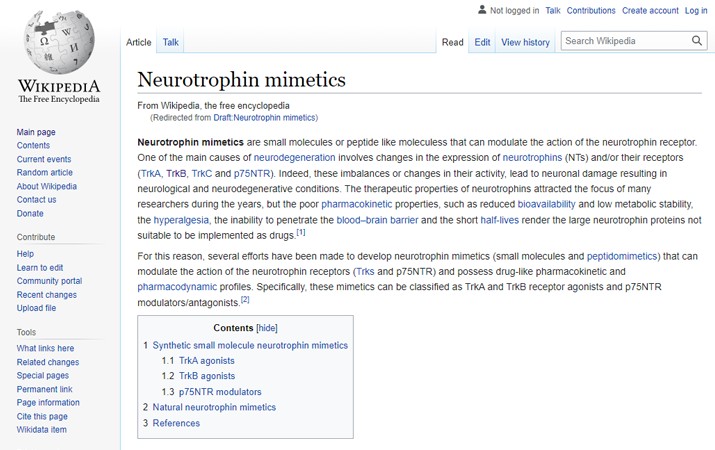
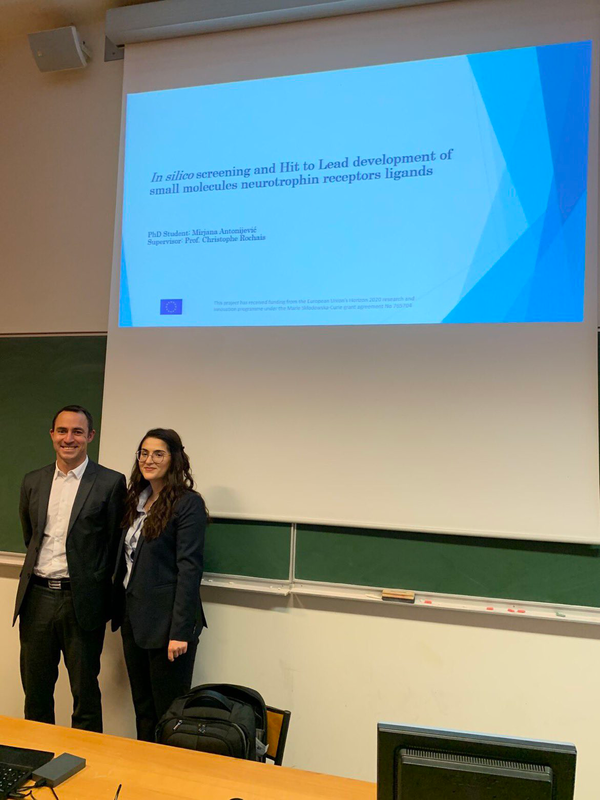
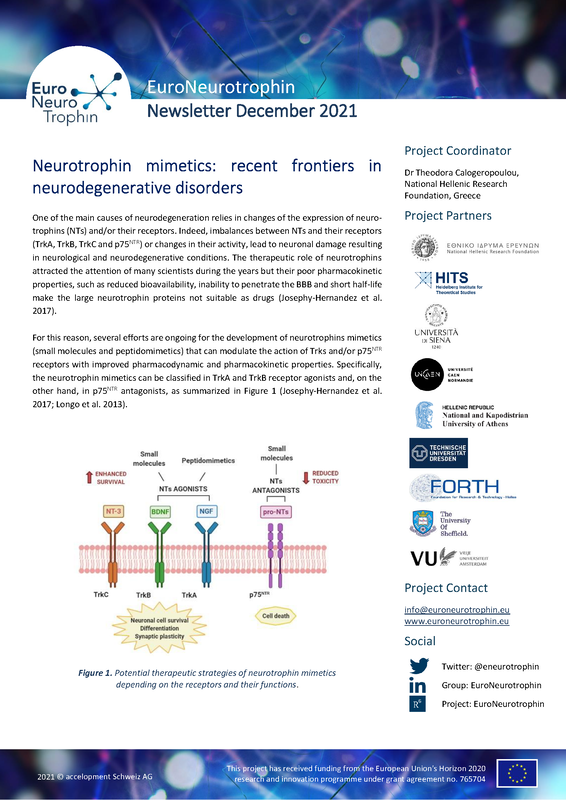
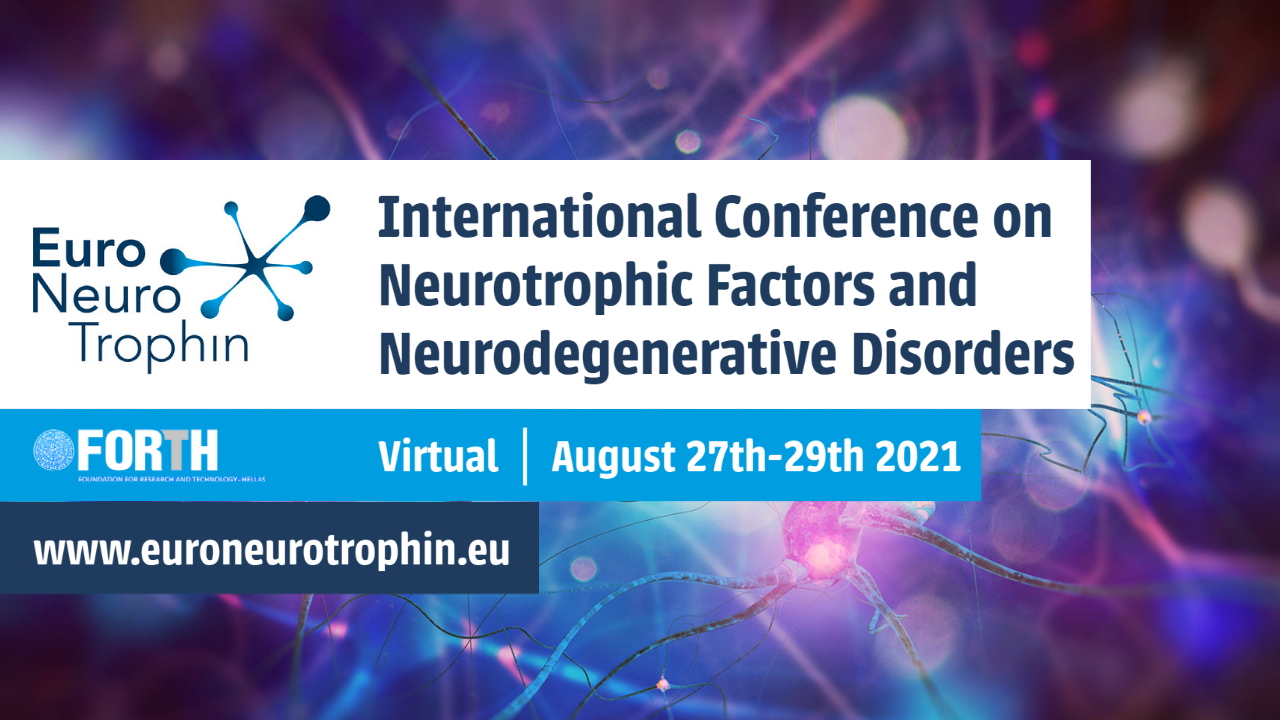
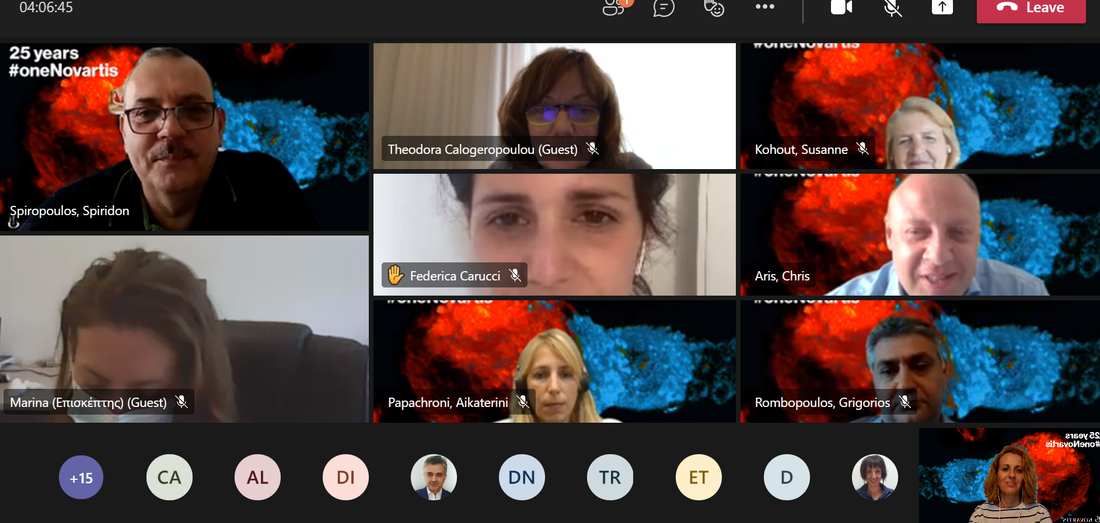

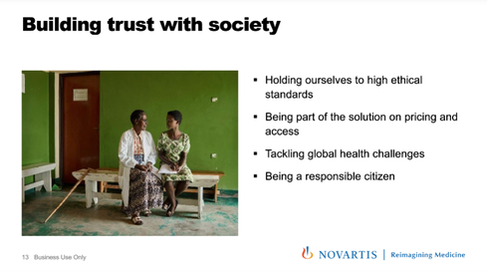
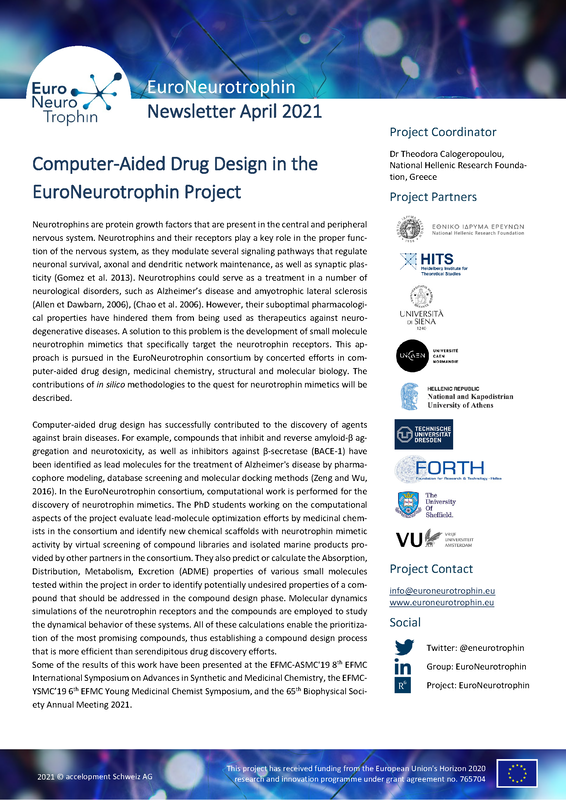
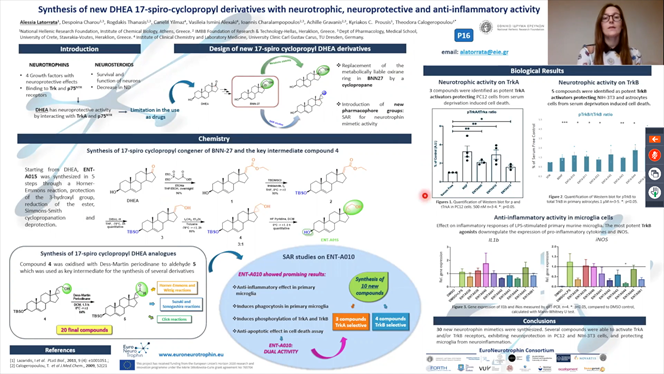
 RSS Feed
RSS Feed
